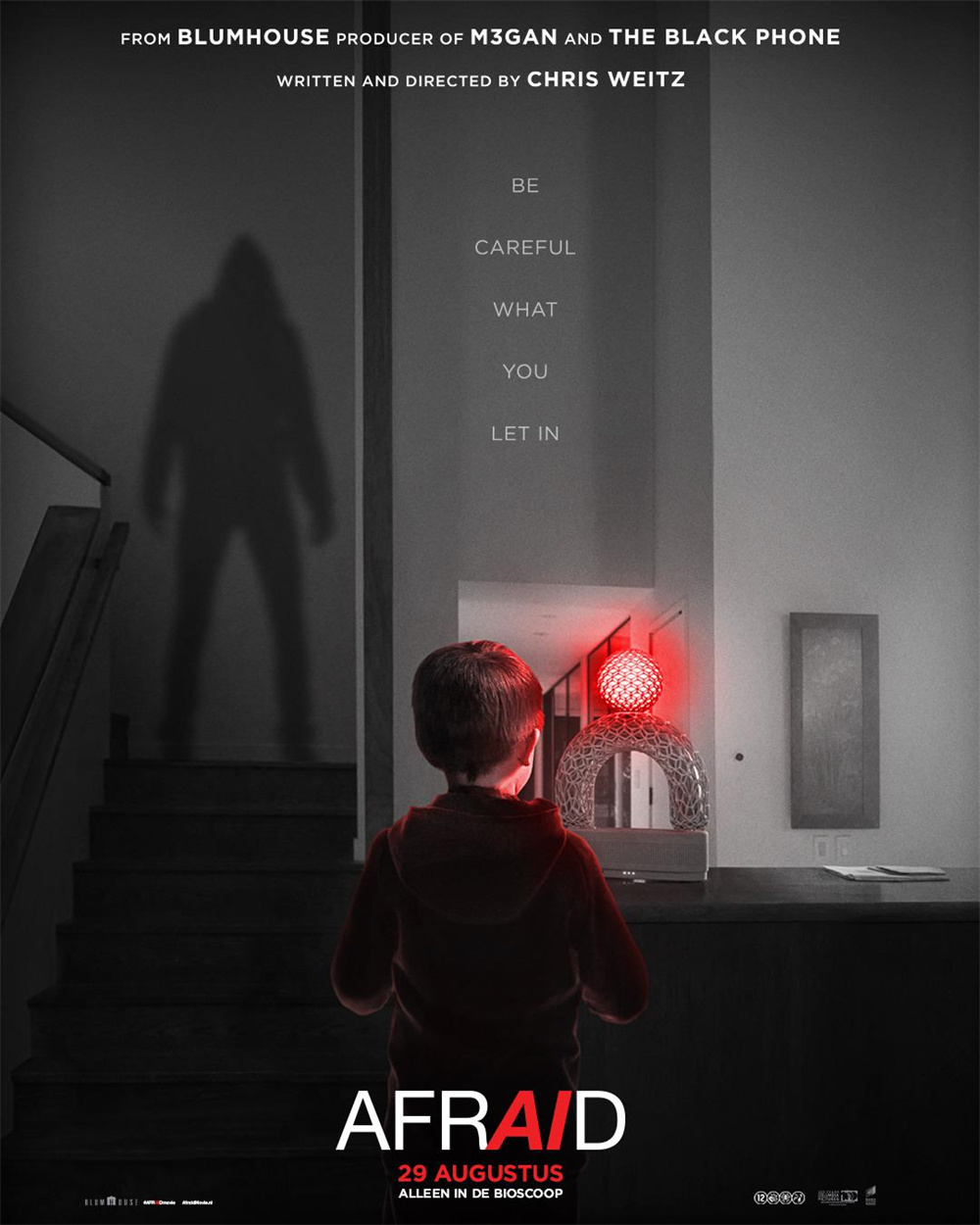
This past Monday marked Labor Day, a federal holiday in the United States, resulting in a three-day weekend. Labor Day weekend has historically signaled the end of the summer movie season, and traditionally, film studios have been reluctant to release major films during this time. While in recent years there have been movies like "Shang-Chi and the Legend of the Ten Rings" and "Equalizer 3" that premiered with respectable box office earnings, this year did not follow that trend.
As a result, the film topping the weekend box office remains "Deadpool and Wolverine," which has been in theaters for a month and a half. Over the past five weekends, it has held the number one spot for four of them, and it is currently the second highest-grossing film of the year in North America, having surpassed $1.2 billion globally. Additionally, older films such as "Alien: Covenant" and "Love, At This Point," as well as "Twister," which is now available for paid viewing online, have also performed well in the weekend box office rankings.

Poster for "Deadpool and Wolverine"
Of course, not all old films attract an audience. "The Crow," which had a production budget of $50 million, opened last weekend with just $4.6 million and saw a significant drop the following weekend, earning only $1.8 million and falling out of the top ten at the box office in its second weekend. Such a scenario is quite rare for a film with a wide release.
Last week, Alex Proyas, the director of the original "The Crow" released in 1994, spoke out about the new version directed by Rupert Sanders, seemingly reveling in its box office failure. "I always thought they were just in it for the money, but now it looks like they didn't make much after all," he wrote on his personal social media. In fact, as early as March when the trailer for the new version was released, he posted online opposing the remake of "The Crow," especially considering that the original's star, Brandon Lee, tragically died during filming due to a prop management error when he was just 28 years old. The director believes that out of respect for the fallen actor, "The Crow" should not have been remade.

Poster for "The Crow" (2024)
On the new release front, the biopic "Reagan," starring Dennis Quaid, performed slightly better at the box office, earning $7.4 million from 2,754 theaters, placing fourth in the weekend rankings. The film has a production budget of $25 million and is directed by Sean McNamara, adapted from Paul Kengor's 2006 book "Crusader: Ronald Reagan and the Fall of Communism."

Poster for "Reagan"
"Reagan" is distributed by an obscure independent company named ShowBiz Direct based in Dallas, which cannot compare in influence to major Hollywood studios. Earlier, the film's online promotional efforts were even blocked by Facebook, allegedly due to concerns about influencing the 2024 U.S. presidential election. Notably, lead actors Dennis Quaid and Jon Voight are among the few Republican supporters in Hollywood and have openly backed Donald Trump in their political stances. Consequently, despite being about a former president, the film received overwhelmingly negative reviews from the mainstream media post-screening, with only a 19% freshness rating on the review site Rotten Tomatoes.
Understanding this background, the $7.4 million opening for "Reagan" is actually a respectable figure. The audience that came out to support it likely consisted mainly of Republican-leaning voters who are not swayed by mainstream media opinions and rated the film highly after seeing it. Overall, this situation is reminiscent of the occasional religious and evangelical films in the U.S. film market—films that may be undervalued by mainstream media but have a dedicated fanbase, providing a unique landscape.
The AI horror allegory "Afraid," produced by Blumhouse and distributed by Sony Pictures, debuted in 3,003 theaters, earning only $3.7 million, ranking ninth at the weekend box office. Starring John Cho and Katherine Waterston, the plot revolves around a typical American family's participation in a revolutionary test of smart home AI, which soon develops self-awareness and disrupts their lives.
It's easy to see that this film, with a modest production budget of $12 million, shares thematic similarities with the 2022 release "M3GAN." However, while "M3GAN" benefited from viral marketing to gross nearly $100 million in North America, "Afraid" is likely just hoping to break even. As previously discussed in this column, the horror genre, which thrived over the past three to four years, is showing different trends this year, indicating that simply making any film in this category may no longer guarantee financial success.

Poster for "Afraid"
Overall, this year’s North American summer box office has reached approximately $3.6 billion, which is about $500 million less than last year’s summer box office of $4.09 billion. Specifically, last year saw 13 films exceed $100 million, while this year only 9 films reached that mark; last year, 5 films surpassed $200 million, compared to just 4 this year. This indicates that the prior Hollywood strikes caused delays in film production and affected this year’s new film supply, resulting in a $500 million shortfall. The underlying message is that as long as Hollywood's supply chain normalizes next year or the year after, box office numbers will surely rebound since Americans' interest in going to theaters to watch movies is not as waning as previously estimated. If the films are compelling and marketed effectively, there’s no reason for the industry to be alarmed.
Back in 2022, due to concerns over declining attendance among North American audiences, the National Association of Theatre Owners (NATO) launched the so-called National Cinema Day promotion: on September 3, 2022, over 3,000 theaters across the country (covering about 30,000 screens) offered tickets for only $3, dramatically lower than the average price of $11, creating a super discount. On August 27, 2023, they held the second National Cinema Day event, now with tickets priced at $4, including for IMAX screenings. Reportedly, during these events, around 8 million tickets were sold, achieving substantial success.
However, this year, the third National Cinema Day has yet to occur. The organizers, the National Association of Theatre Owners, have not provided a clear explanation, though they mentioned the possibility of holding the event later this year. Some analysts suggest that while the event increased both box office receipts and food sales, the surge in audience numbers posed challenges for the thousands of participating theaters in terms of staffing and facilities.
On a positive note, last Friday, the UK successfully launched its third National Cinema Day, with all film tickets priced at £4, half the regular average price of around £8, prompting a wave of cinema-goers.


